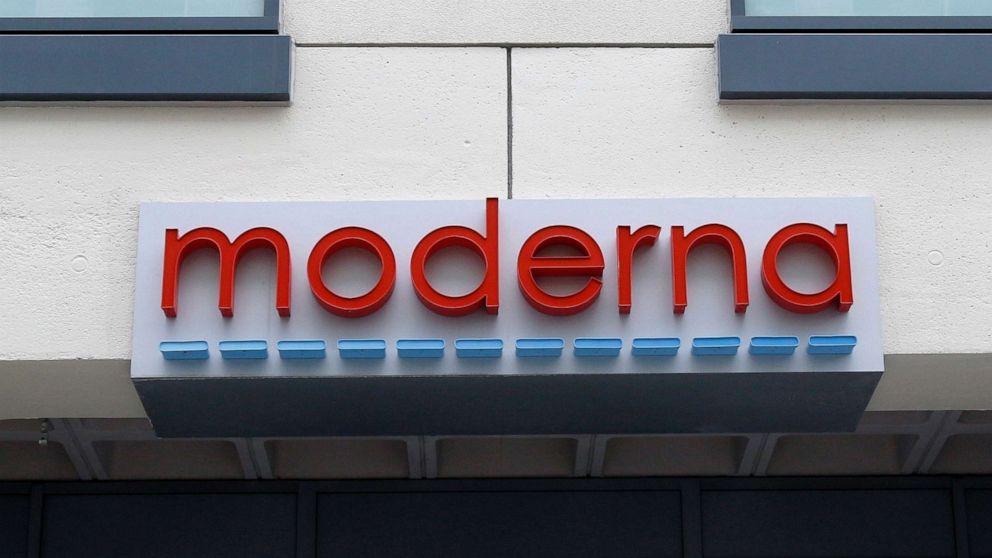New data shows people who got Moderna vaccine still had antibodies 3 months later
The data came from a small number of phase 1 participants.
People who were vaccinated with the Moderna vaccine still had elevated antibodies three months after their second dose, according to new data published Thursday as a letter to the editor in the prestigious New England Journal of Medicine.
"These data give us further optimism to expect that the high level of efficacy recently demonstrated by mRNA-1273 to prevent COVID-19 disease will be durable," Dr. Tal Zaks, chief medical officer of Moderna, said in a press release.
Moderna's vaccine has already demonstrated it's more than 94% effective in a massive phase 3 trial, but those results only show the vaccine is safe and effective for roughly two months after the last dose.
Moderna's vaccine could be authorized by the Food and Drug Administration later this month, based on the strength of those results.
But data published Thursday is promising because vaccine experts still don't have a good understanding of exactly how long a COVID-19 vaccine might protect you from infection.
Thursday's data came from volunteers from Moderna's phase 1 trial. Researchers kept tabs on them after the initial results were published, measuring the amount of antibodies in their blood as time went on.

Three months after getting their second dose, 34 healthy adults still had relatively high levels of neutralizing antibodies -- one of the tools your immune system has to fight the virus.
Antibody levels did dip a little, and they were more likely to drop off in older volunteers. But overall, researchers said the results were encouraging.
"The 90-day durability is quite good, although there are more declines in antibody titers in the elderly compared with younger individuals," said Dr. Dan Barouch, the director of the Center for Virology and Vaccine Research at Beth Israel Deaconess Medical Center in Boston.
"This is terrific news and very reassuring," said Dr. Carlos Del Rio, professor of medicine and global health at Emory University. Del Rio described the findings as "very important," and further evidence that the "vaccine is not only effective but also durable."




